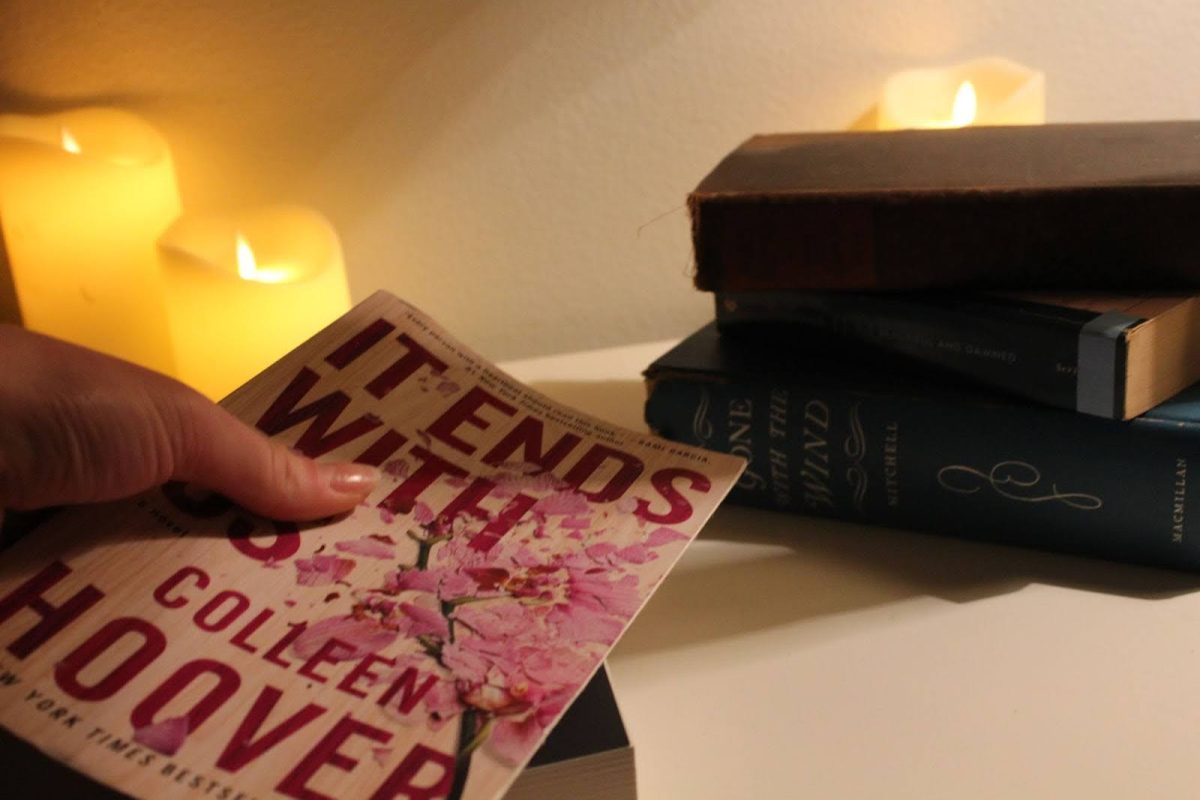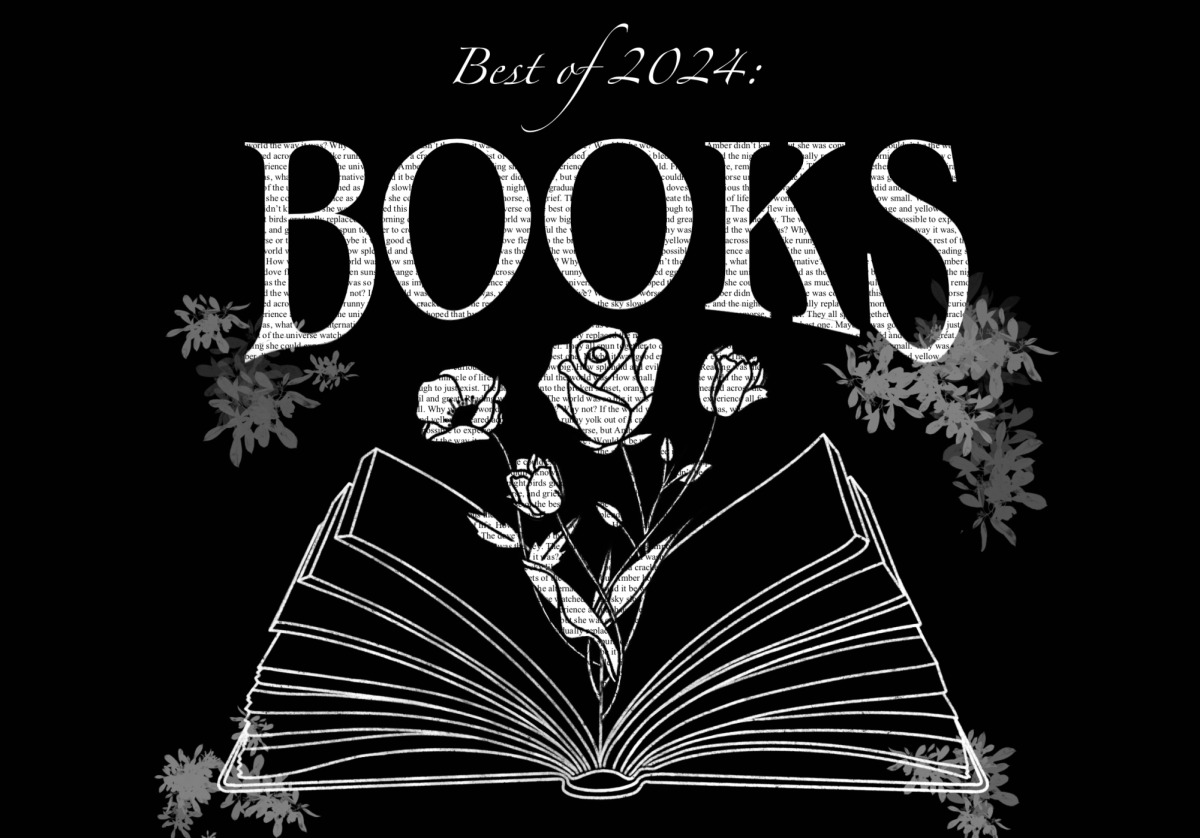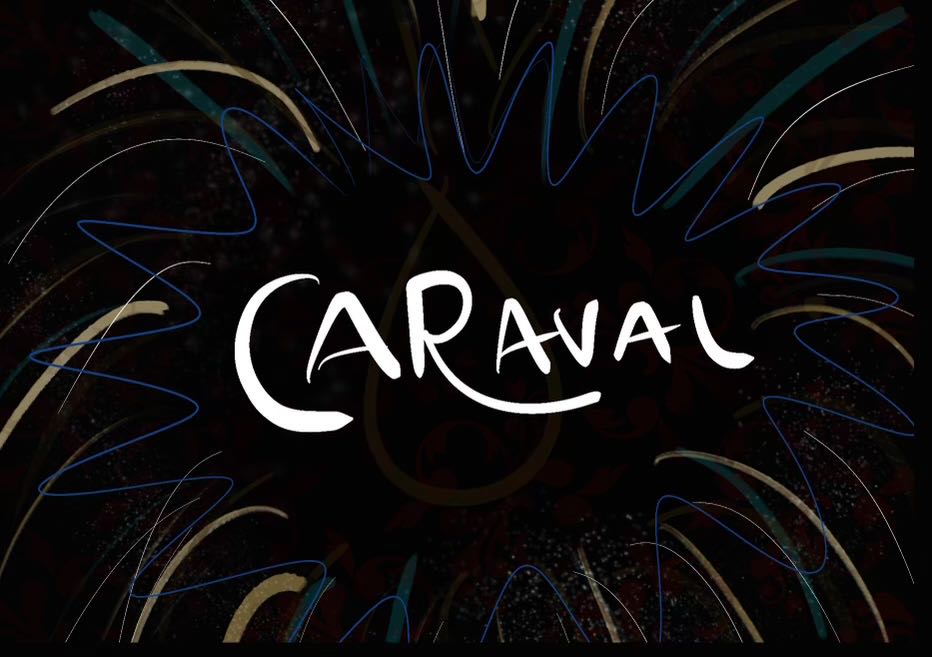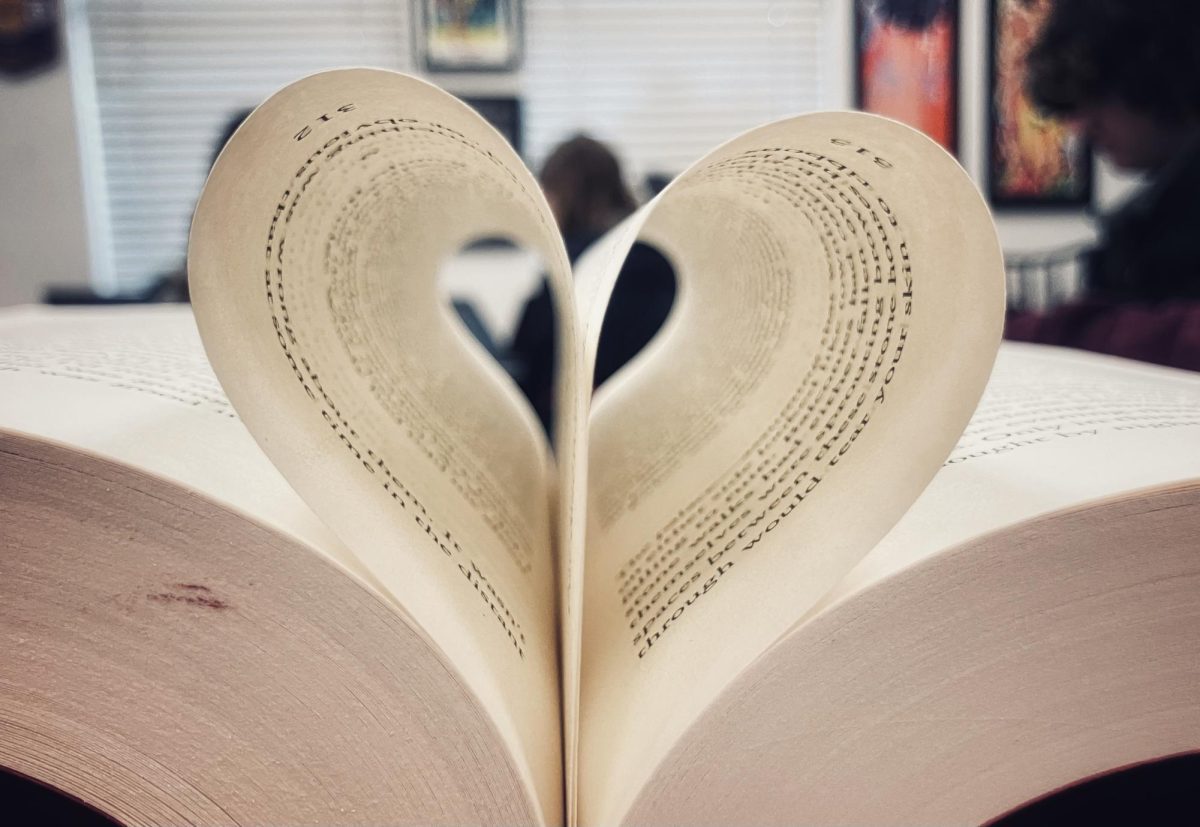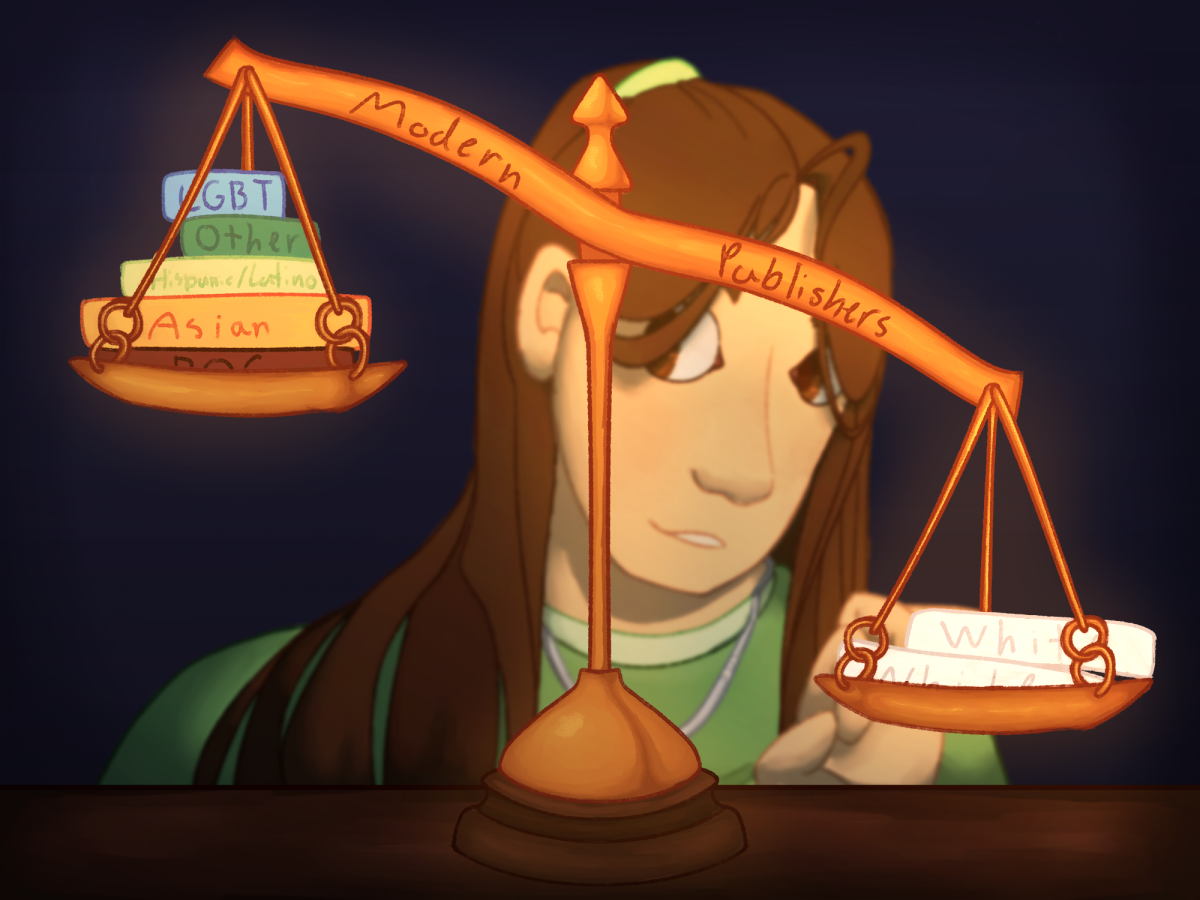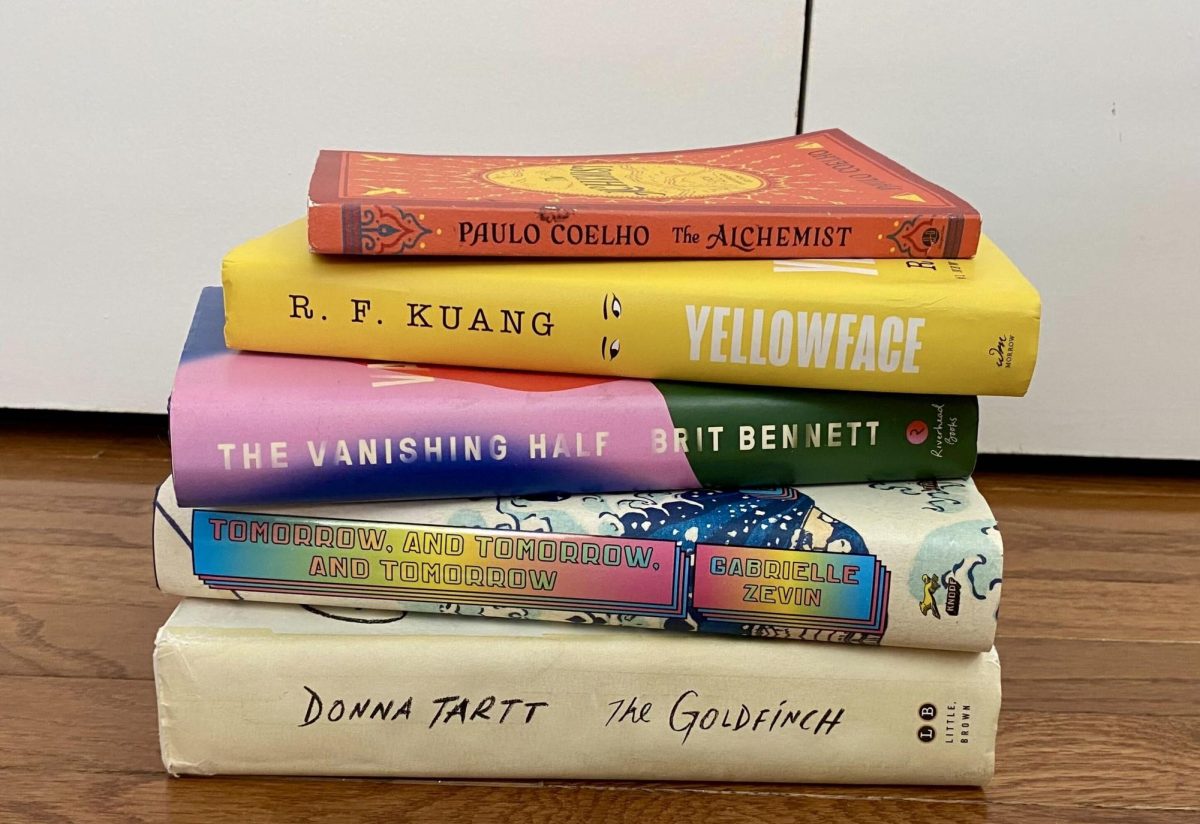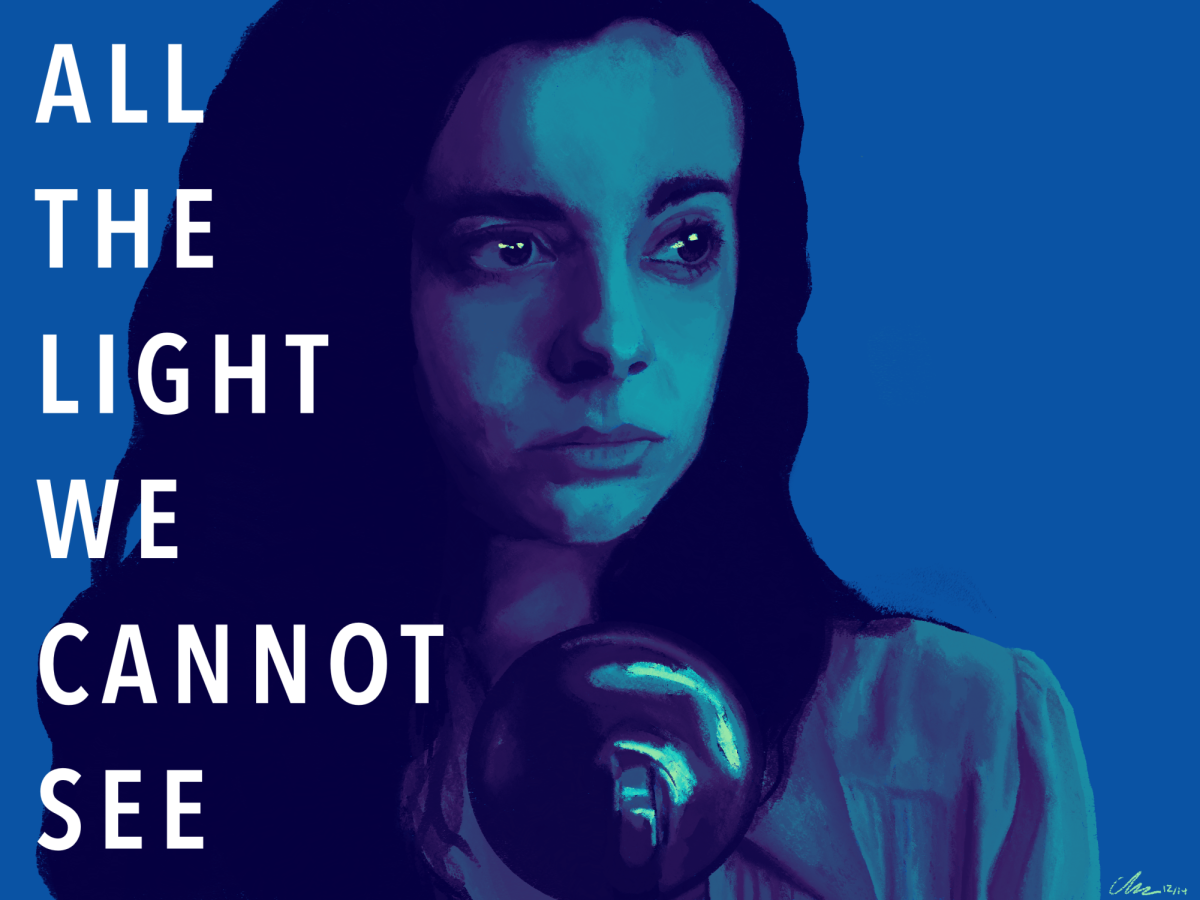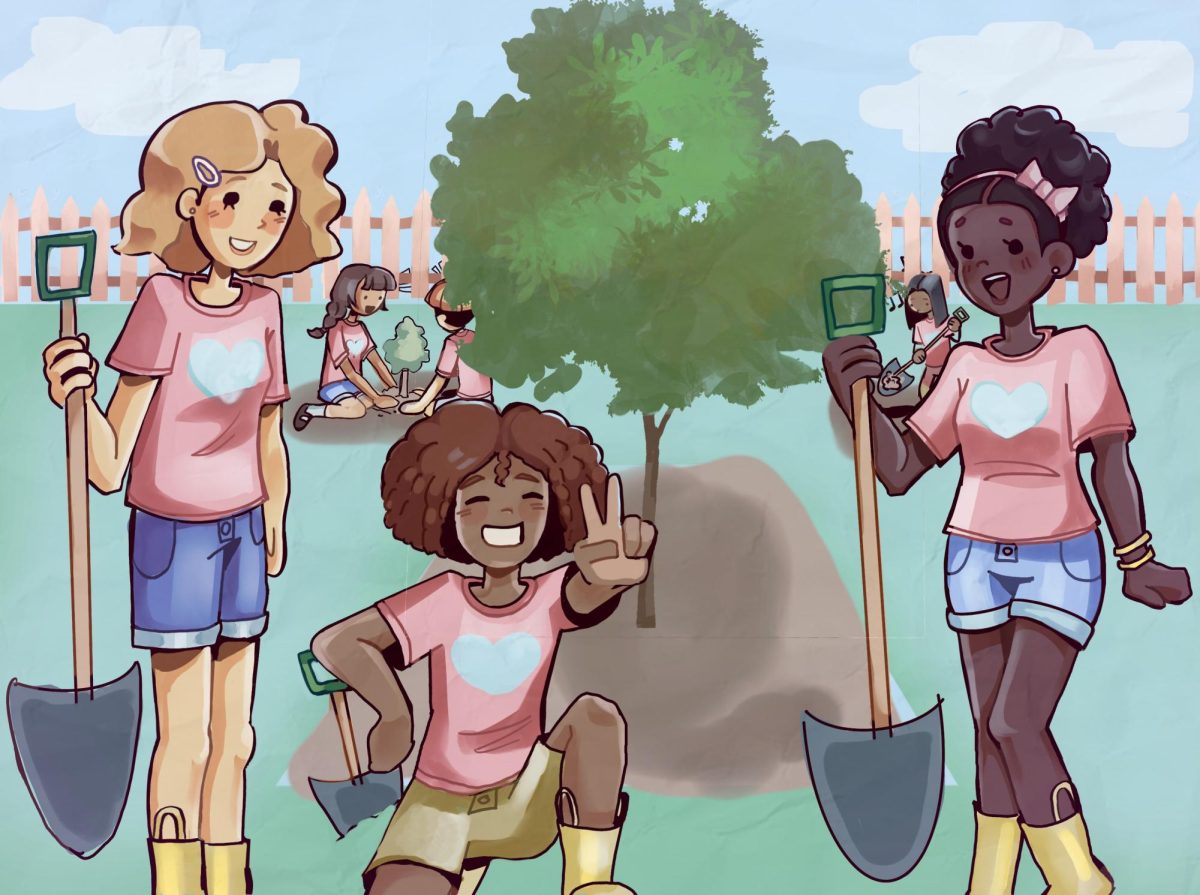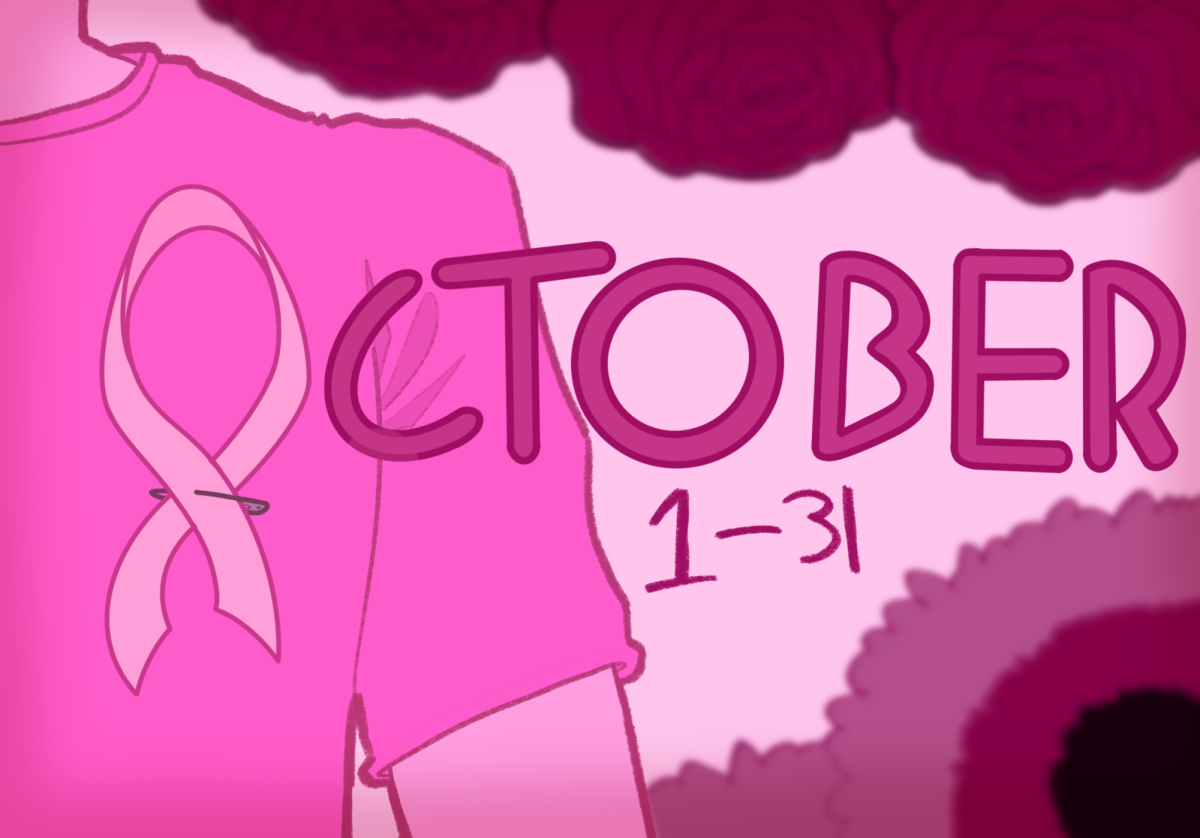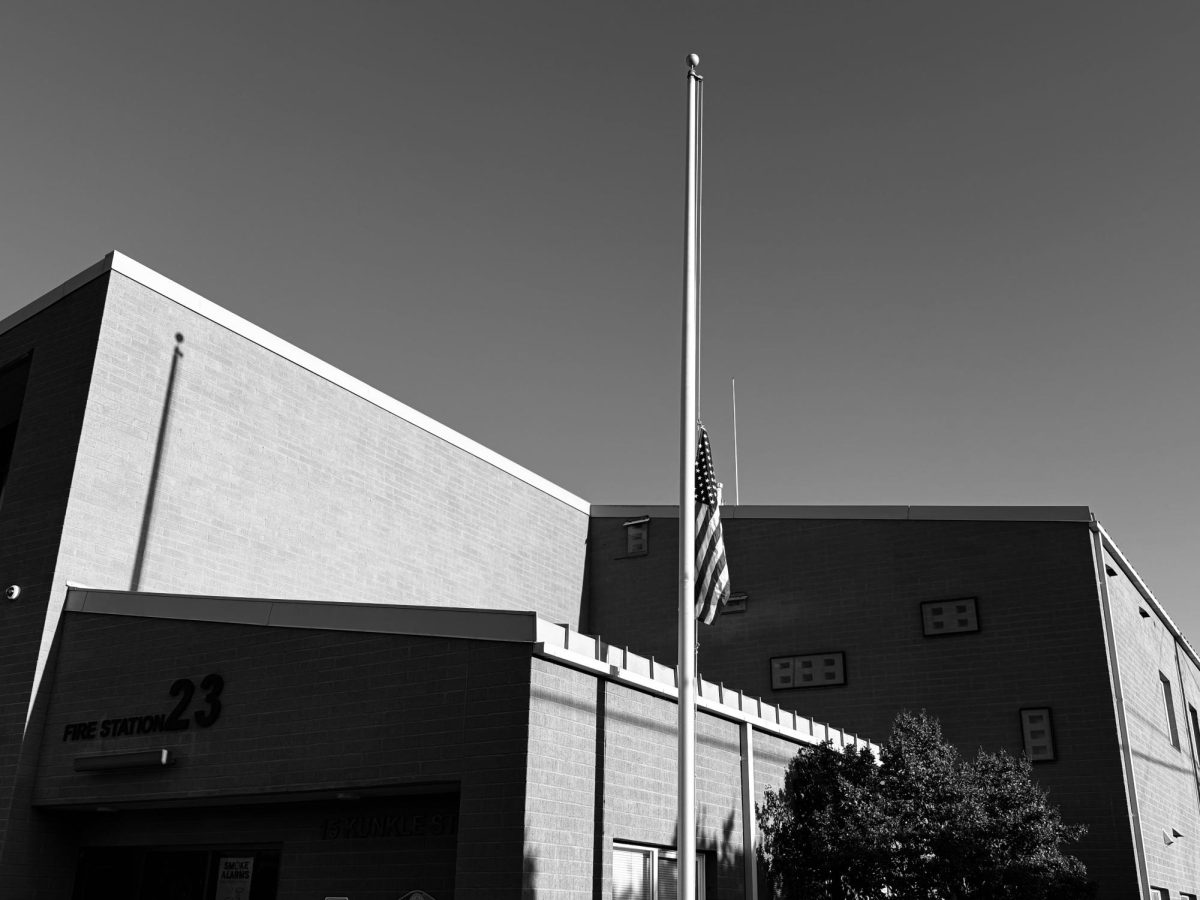Booktok, Instagram and Goodreads have been gushing over author Colleen Hoover and her collection of “Young Adult Romance novels.” The young adult branding of books has been skewed in the past few years to reflect more of a sexually explicit adult romance drama rather than providing novels for 12 to 18-year-olds.
Colleen Hoover, among other romance authors, has been marketing easy-to-read adult novels towards younger teenagers, increasing the amount of underage readers consuming age inappropriate romance novels. Her normalization of abusive relationships sets a false standard for “young adults” and creates a dangerous precedent for what relationships should be.
Not only is her use of sexually explicit novels in the YA genre dangerous, but marketing books about domestic abuse as “YA romance” is also detrimental. Books such as “It Ends With Us,” which Hoover wrote about her mother’s domestic abuse story, has been described as the following: “This is a dangerous book. This is a harmful representation of an abusive relationship. It is a particularly damaging message to send to girls and young women,” a Goodreads reviewer posted.
Hoover not only profits off of the romanticism of abusive relationships, but she also created merchandise lines based on her novels. She recently came under fire for creating a coloring book based on her domestic abuse novel that was described as “tone deaf.” In an Instagram story apology she wrote, “I can absolutely see how this was tone-deaf. I hear you guys and I agree with you. No excuses. No finger pointing. I have contacted the publisher to let them know I would prefer we don’t move forward with it.”
Even after the backlash from the coloring book, she still released merch. Between releasing a clothing line as well as nail polish, she hasn’t stopped trying to make extra money off of her expensive book merchandise. If a customer feels the desire to buy any of these items, they may find themselves losing $70 on sweatpants or even $80 on a domestic abuse-themed hoodie.
Many readers don’t have an issue with the material of the book, but rather the marketing. Displaying age inappropriate novels in a YA romance form creates a sense of normalcy for young teenagers. Not only are these stories romanticizing abuse, but the author has profited off of the popularity of the books and completely erased the morals of her story by tactlessly creating clothing lines and other extremely expensive merchandise items.



